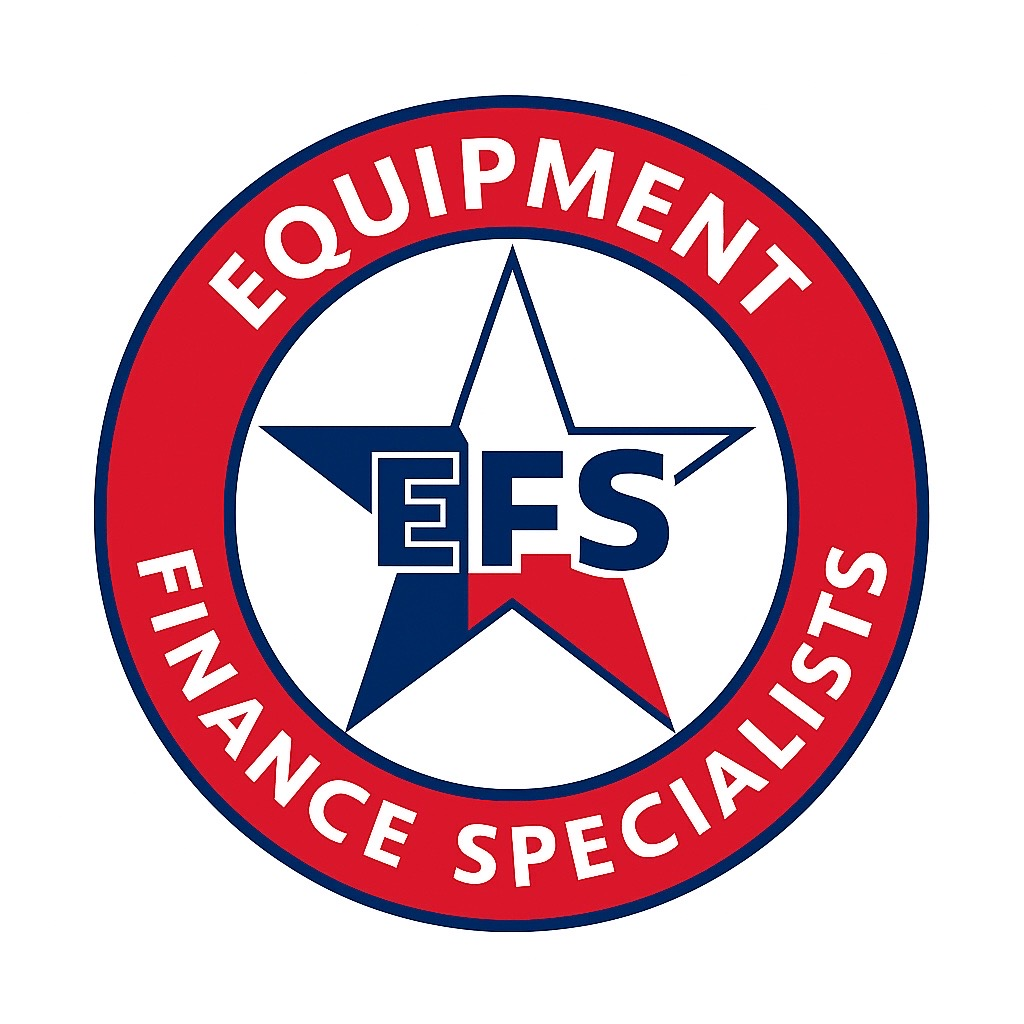When it’s time to invest in new equipment, one of the first questions business owners ask is: should I lease or buy? The answer depends on your goals — whether you want ownership, lower payments, or maximum flexibility.
Both equipment loans and leases can be smart strategies for acquiring the tools your business needs without draining capital. The key is understanding how each option works, how they affect your cash flow and taxes, and which one best aligns with your long-term plans.
🏗️ 1. How Equipment Loans Work
An equipment loan is a traditional financing option where you borrow money to purchase the equipment and then repay it over time with interest. Once the loan is paid off, you own the equipment outright.
Loans typically require a down payment (usually 10–20%) and have fixed monthly payments over 3–7 years, depending on the asset and your credit profile.
- Pros: You gain ownership, can take depreciation deductions, and build business equity.
- Cons: You’re responsible for maintenance, resale, and potential obsolescence.
Loans are ideal for equipment with a long usable life or for businesses that value long-term asset ownership — such as construction machinery, manufacturing tools, or commercial vehicles.
💼 2. How Equipment Leasing Works
Leasing allows you to use equipment for a fixed period (usually 2–7 years) without owning it. You make regular payments to the lessor, similar to renting, and at the end of the term you can either return, renew, or buy the equipment depending on the lease type.
The two most common structures are:
- Operating Lease: Treated as an expense. You don’t own the asset, but payments are fully tax-deductible.
- Finance Lease (Capital Lease): You effectively own the equipment and can claim depreciation and interest deductions.
Leasing is popular for assets that need regular upgrading, such as technology, vehicles, or specialized equipment that can become outdated quickly.
📈 3. Cash Flow and Flexibility Considerations
One of the biggest advantages of leasing is lower upfront cost. Most leases require little or no down payment, freeing up cash for working capital or other investments. Monthly payments are typically lower than loan payments, which helps smooth cash flow.
Loans, on the other hand, may require a larger initial investment but give you ownership value. That asset can later be sold, traded, or refinanced — offering flexibility down the road.
In short: leasing maximizes short-term flexibility, while loans build long-term equity.
💰 4. Tax Implications: Lease vs. Loan
Taxes often play a major role in deciding between leasing and financing. With a loan, you can typically deduct interest expenses and depreciation under Section 179 or bonus depreciation rules. This can result in substantial year-one tax savings.
With an operating lease, your payments are usually fully deductible as business expenses since you don’t own the asset. This can simplify bookkeeping and still deliver meaningful write-offs — especially for shorter-term equipment needs.
The best option depends on how your accountant advises you to balance current deductions versus long-term ownership benefits.
⚖️ 5. Which Option Is Right for Your Business?
When deciding between leasing and financing, ask yourself these questions:
- Will I need this equipment beyond five years?
- Is it likely to become obsolete or need upgrading soon?
- Do I prefer lower payments or full ownership?
- How important are tax deductions this year vs. long-term asset value?
If your goal is to minimize costs and maintain flexibility, leasing may make the most sense. If you want to build assets and own your equipment outright, financing could be the better long-term play.
🤝 6. Combining Lease and Loan Strategies
Many successful companies use a hybrid approach — financing heavy, long-life equipment through loans while leasing short-term or high-tech assets. This strategy helps balance cash flow, risk, and depreciation across different types of assets.
Working with a finance partner who understands your industry ensures you get the right structure for your goals and budget.
💡 Final Thoughts
There’s no one-size-fits-all answer to the “lease vs. loan” question. The right choice depends on your business’s cash flow, growth plans, and appetite for ownership.
At Equipment Finance Specialists, we help business owners compare options side-by-side — ensuring you get flexible terms, competitive rates, and tax advantages that fit your needs.
Need Help Choosing Between Leasing and Financing?
Talk to an Equipment Finance Specialist today to find the right structure for your business and budget. We’ll help you decide which path delivers the best long-term value.
Get Started Today